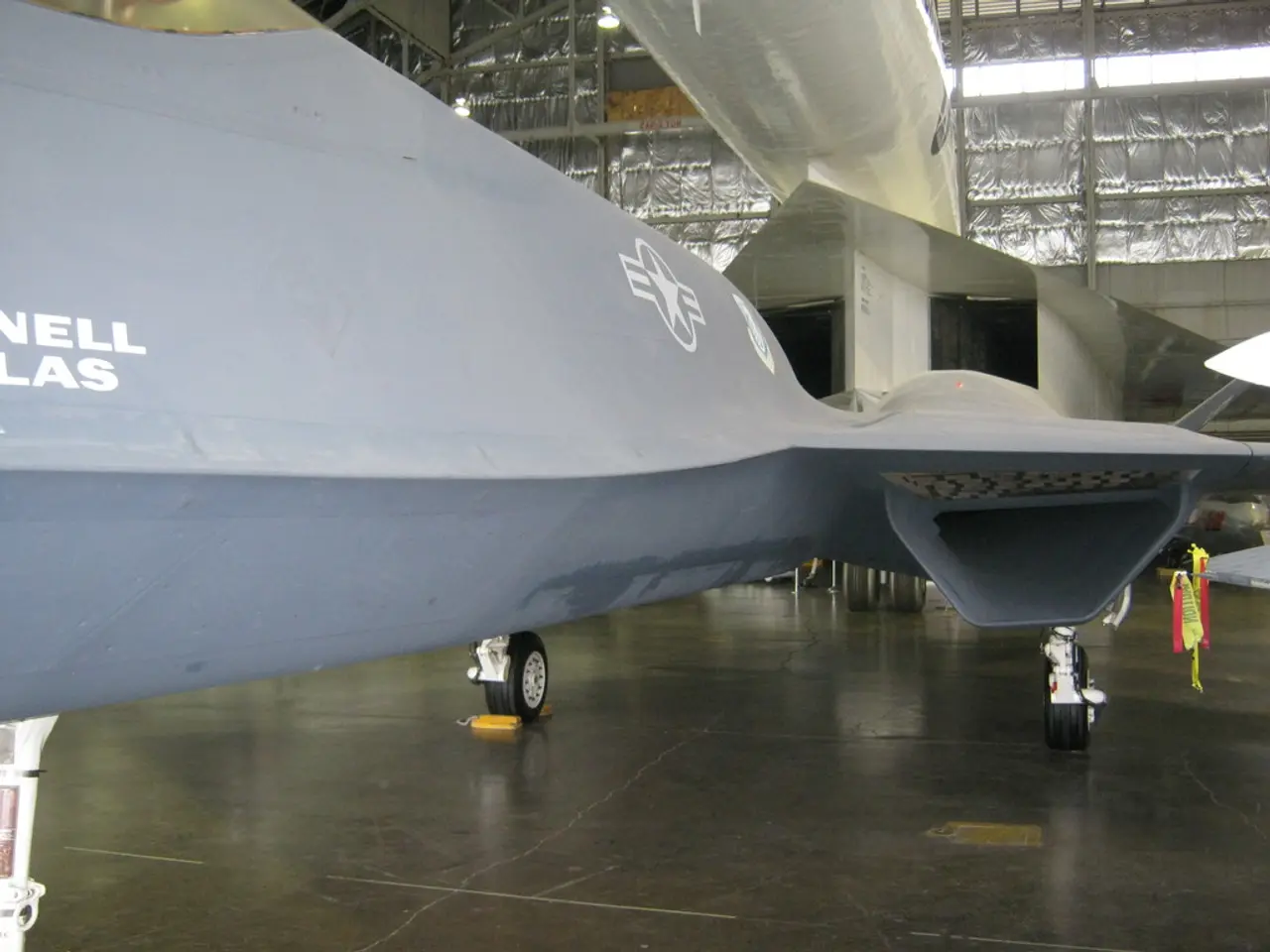Conquering Aviophobia through Hypnosis: Soaring Higher in Life
Overcoming the Fear of Flying with Hypnosis
For those who find the thought of taking to the skies a daunting prospect, help is at hand. Hypnosis, a technique that works with the unconscious mind, can be an effective method for overcoming the fear of flying, also known as aerophobia.
Hypnosis helps individuals enter a deeply relaxed state, reducing the physical symptoms of anxiety such as sweaty palms and racing thoughts. By stopping the mind from associating the inside of an airplane with threat, hypnosis enables the person to feel more comfortable and less anxious before and during flights.
Common techniques used in hypnosis for fear of flying include relaxation induction, reprogramming fearful thoughts, and reframing the experience of flying as safe and calm. These techniques often involve guided imagery, positive suggestion, and mental rehearsal of confident flying experiences. In some cases, hypnosis may be combined with Neuro-linguistic programming (NLP) to enhance outcomes.
Practitioners offer audio sessions or one-on-one therapy targeting fear of flying by changing unconscious patterns of fear. These sessions typically focus on calming emotional responses to flying triggers, dissolving past traumatic or stressful flight memories, strengthening mental imagery of safe and relaxed flights, and encouraging a mindset that views flying as normal and non-threatening.
While individual results vary, hypnosis is reported to quickly and comfortably help many to move past their fear, providing lasting relief when practiced appropriately. It is seen as a useful complement or alternative to other behavioral therapies, including virtual reality exposure or cognitive therapy.
In addition to hypnosis, seeking support from a therapist or a support group can help individuals connect with others who share similar fears and learn coping strategies. Educating oneself about the mechanics of flying and safety procedures can also help alleviate fears and provide reassurance. Practicing relaxation techniques such as deep breathing, meditation, or yoga can help individuals reduce anxiety and promote relaxation.
Visualizing a successful flight can help build confidence and alleviate anxiety. Envisioning oneself landing safely at the destination can help focus on the positive outcome. Hypnosis can teach relaxation techniques for reducing anxiety during flights and address negative thought patterns that contribute to the fear of flying.
It's important to note that hypnosis is not a quick fix solution and may require multiple sessions to see significant results. However, for those committed to overcoming their fear of flying, hypnosis can be a powerful tool for experiencing the joys of travel.
For those interested in hypnosis services, Pure Hypnosis | Sean Wheeler offers sessions targeting fear of flying. By working directly with the unconscious mind, hypnosis can help individuals overcome their fear of flying and enjoy their travels with confidence.
[1] Mayo Clinic. (2021). Fear of flying. https://www.mayoclinic.org/diseases-conditions/fear-of-flying/symptoms-causes/syc-20351660 [2] American Psychological Association. (2021). Fear of flying. https://www.apa.org/topics/fear-flying [5] British Association of Counselling and Psychotherapy. (2021). Fear of flying. https://www.bacp.co.uk/events-and-resources/self-help-resources/fear-of-flying/
- Embracing a health-and-wellness routine that includes fitness-and-exercise, mental-health practices, and lifestyle modifications can help individuals cope better with the stress of overcoming the fear of flying.
- Exploring travel opportunities and immersing oneself in different cultures can be a rewarding aspect of life for individuals who have successfully tackled their fear of flying through techniques like hypnosis.
- Science-backed approaches, such as hypnosis and cognitive therapy, can contribute significantly to improving mental health, making it possible for people to confront and conquer their fear of flying, thereby enhancing their lifestyle.




